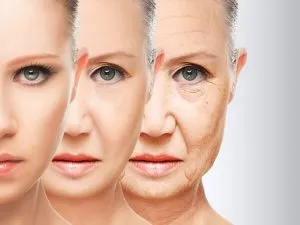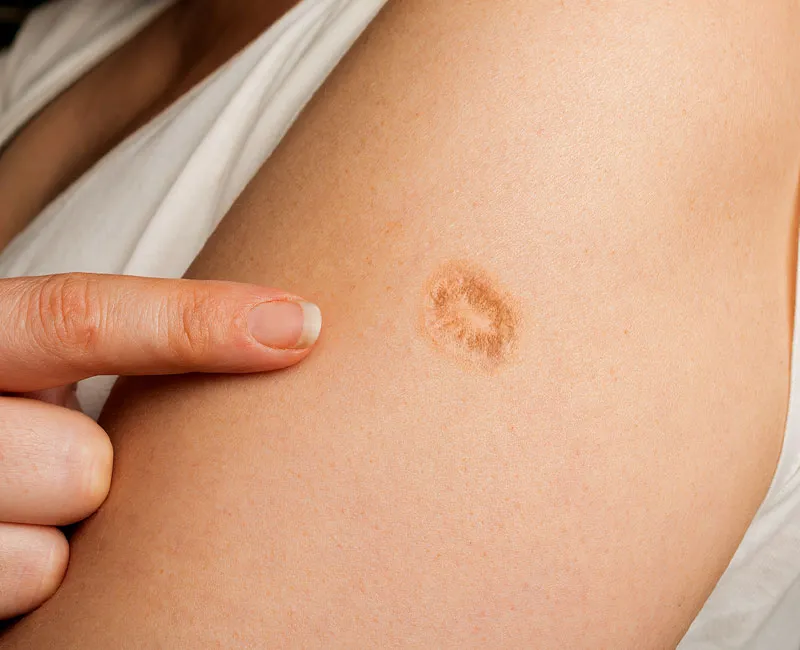The global community was taken aback by the surprising news of a 13-year-old boy and a 15-year-old girl becoming parents at an exceptionally young age. We will update you in the future regarding the trajectory of their lives.
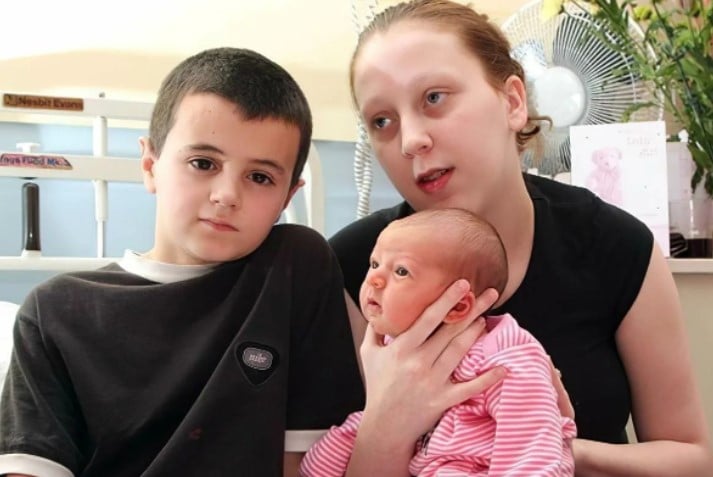
While a young girl, Chantelle, started noticing changes in her physique, the children were apprehensive about disclosing the truth to their parents during that period. The mother of the expectant girl observed the transformation in her daughter’s appearance, realizing that a significant event had occurred that couldn’t be reversed. Alfie was overjoyed by the news, yet the uncertain future lay ahead.
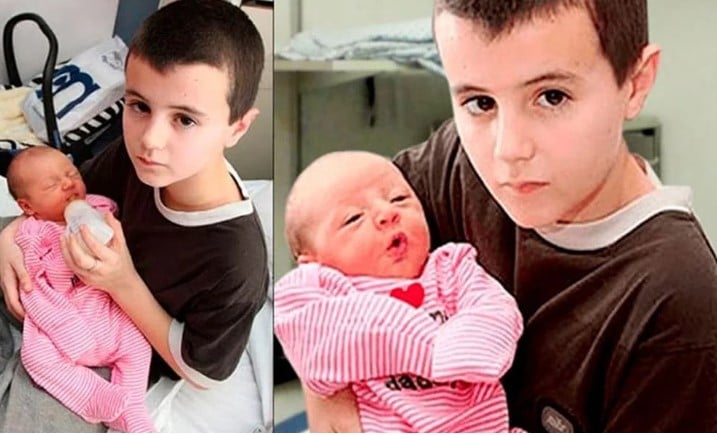
The parents of the upcoming father were utterly distraught. The young couple’s journey was documented on national television even before their daughter’s birth. Alfie displayed remarkable composure while caring for the infant. Amid the turmoil, a DNA test was demanded by the father’s parents, revealing that the child was not biologically his. Alfie spiraled into a deep depression after the young mother and child decided to leave town, facing relentless media attention that refused to give the couple any respite.
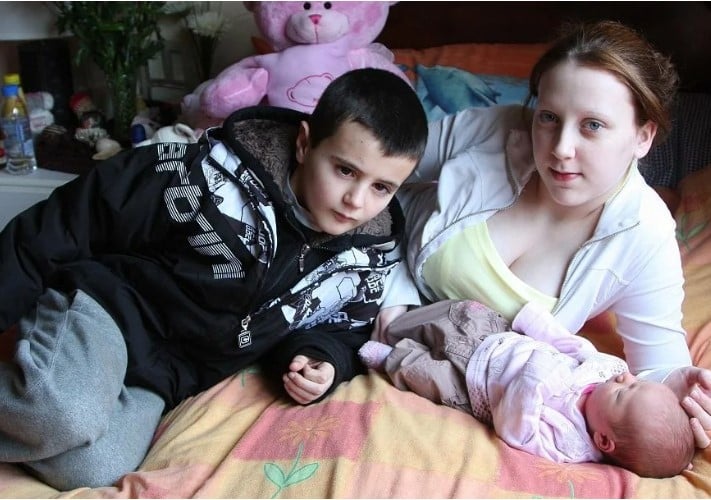
A dozen years later, the young woman had another child, this time with a different man. Meanwhile, Alfie had never encountered true love, his solace found in the grip of alcoholism. Regrettably, the man had amassed a record of twelve offenses, with an ongoing investigation into his actions.
Is it socially acceptable or inappropriate to become parents at such a young age?
The global community was shocked by the news of a 13-year-old boy and a 15-year-old girl becoming parents at such an exceptionally young age. As the world watched their story unfold, many questions arose about the trajectory of their lives and the consequences of becoming parents so early.
Chantelle, the young mother, had initially noticed changes in her body but was too apprehensive to tell her parents. Eventually, her mother observed the signs and realized that her daughter’s life was about to change forever. Alfie, the young father, was overjoyed by the news but had little understanding of the challenges that lay ahead.
However, the reaction from Alfie's parents was very different—they were devastated. Their son was still a child, unprepared for the responsibility of raising another human being. The young couple’s journey was highly publicized, with their lives scrutinized by the media before their daughter was even born. Alfie, though remarkably composed and caring for his baby, found himself caught in a whirlwind of attention. A DNA test, demanded by Alfie’s parents, soon shattered the fragile situation, revealing that Alfie was not the biological father of the child. This revelation led to an emotional downward spiral for Alfie. He struggled with the realization, and the young mother and her child left town, overwhelmed by the relentless media attention.
Fast-forward a dozen years, and the paths of the two had diverged. Chantelle had another child with a different partner, moving on with her life, while Alfie’s journey was more tragic. He had never found love again and fell into the grip of alcoholism. With a criminal record of twelve offenses and ongoing investigations, Alfie’s life had spiraled out of control.
The question remains: is it socially acceptable or inappropriate for such young people to become parents? The case raises broader concerns about emotional maturity, societal pressure, and the support systems—or lack thereof—that shape the lives of teenage parents. While there are exceptional circumstances where young parents might rise to the occasion, the immense emotional, financial, and psychological challenges they face make it a difficult and often precarious path. Alfie and Chantelle's story serves as a poignant reminder of the importance of support, education, and guidance in navigating such life-altering decisions.

